
Radar | Mar 02,2024
Oct 17 , 2020
By FASIKA TADESSE ( FORTUNE STAFF WRITER )
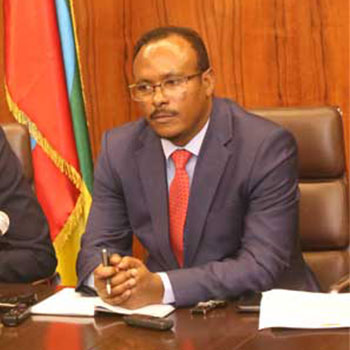 Balcha Reba, director-general of the Authority
Balcha Reba, director-general of the Authority The Ethiopian Communications Authority, which is in the process of issuing licenses to two new telecom operators, has drafted a new framework that requires the operators in the country to cover 98pc of the population with voice call and text message services within five years.
Aiming at achieving universal access, the Authority has drafted the framework that was availed for public consultation last week. The framework also required the speed of internet access services to meet a minimum of 10 Mbps downlink [signal coming from tower] and 500 Kbps uplink [signal returning to tower]. It also compels the operators to have a presence across all weredasand zones from the first year of operations.
Failure to comply with the rollout obligations must be enshrined in the license agreements, according to the draft framework.
Currently, Ethio telecom has managed to push telecom penetration to 46.2 million individuals and plans to boost the density to 51.3pc before the end of this fiscal year. From this figure, 44.5 million are mobile voice call users, while 23.8 million are users of mobile data and internet. The remaining use broadband and fixed-line services.
Before crafting the framework, the Authority has conducted access gap assessments using GPS and data from the central statistical agency (CSA) along with infrastructure coverage from Ethio telecom, according to Balcha Reba, director-general of the Authority.
"The assessment mainly covers border areas where there is a lack of infrastructure," he told Fortune.
With the two-phase framework, the Authority plans to work on facilitating and ensuring passive infrastructure sharing and collocation, domestic roaming, and active infrastructure network sharing among operators.
In the first phase, which spans three years, the Authority will focus on extending communication infrastructure, facilitating the national integration of networks and services, and promotion and support activities assuring availability of services to all socioeconomic segments of society.
Supporting the expansion of ICT e-services; assisting the development of ICT skills, capacity building and technological innovation; and facilitating content and application development will be attained in the second phase scheduled to be executed in two years.
It is good for the country to have a universal access target since commercial operators are joining the sector, according to Dawit Bekele (PhD), regional vice president for Africa at the Internet Society, a nonprofit organisation.
However, Dawit has reservations on the target, which is set to be achieved in the coming five years, especially in the ICT area. He regards it as low.
"What is planned now might not be sufficient after five years," he said. "For instance, five years back video calls weren't common, but now it's casual, creating a high demand for internet."
The Authority targets to achieve universal access plans through revenue that will be generated from the Universal Access Fund that requires the three telecom operators to commit 1.5pc of their annual gross revenues. The Fund will also collect resources from all licensees, offering communications system infrastructure and services on a commercial basis and broadcasting licensees.
"It shouldn't be considered a tax," said Balcha. "We'll invest this back in the industry, creating an enabling working environment for the operators."
The Fund, which will be activated after the Council of Ministers approves the draft regulation, will also source revenues from government appropriations, income from investments by the Authority, gifts, donations, grants or endowments from public and international institutions. The Fund will be governed by a directorate under the Authority and will be overseen by the Authority's board of directors.
Universal access funds have not been successful in many countries since it has been misused by the government for political agendas or by the regulators, which often use the funds to build headquarters, according to Dawit.
"Since the Fund is huge and tempting for the government," said Dawit, "a lot needs to be done to properly administer it."
If over 75pc of the collected revenues are not invested in two consecutive years, the licensee will be exempted from contribution, according to the draft framework.
The Authority should also consider investing in the areas where the telecom operators will not be engaged, facilitate modalities such as community networks, and address bureaucratic bottlenecks during the project implementations, according to Dawit.
Along with the draft framework and the access fund regulation, the Authority has availed two draft directives for public consultation, namely Telecommunications Wholesale National Roaming and Mobile Number Portability. The former directive grants a limited national roaming license period for a new licensee to three years, while the latter recommends the establishment of a portability clearinghouse, which will verify and validate porting transactions. Porting transactions are those in which subscribers of different telecom operators communicate between networks.
So far the Authority has conducted stakeholder consultations for 10 directives and is holding a consultation on four more legal frameworks. It is also in the process of preparing four more directives ahead of issuing a b id to issue two more licenses. A total of 12 companies expressed interest in joining the Ethiopian telecom industry.
PUBLISHED ON
Oct 17,2020 [ VOL
21 , NO
1068]

Radar | Mar 02,2024
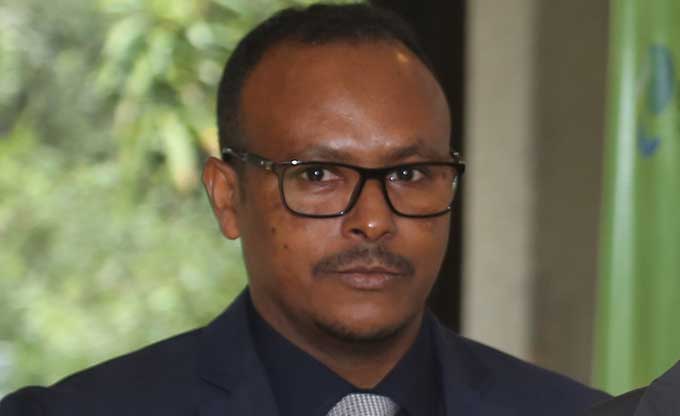
Fortune News | Sep 21,2019

Radar | Dec 05,2018
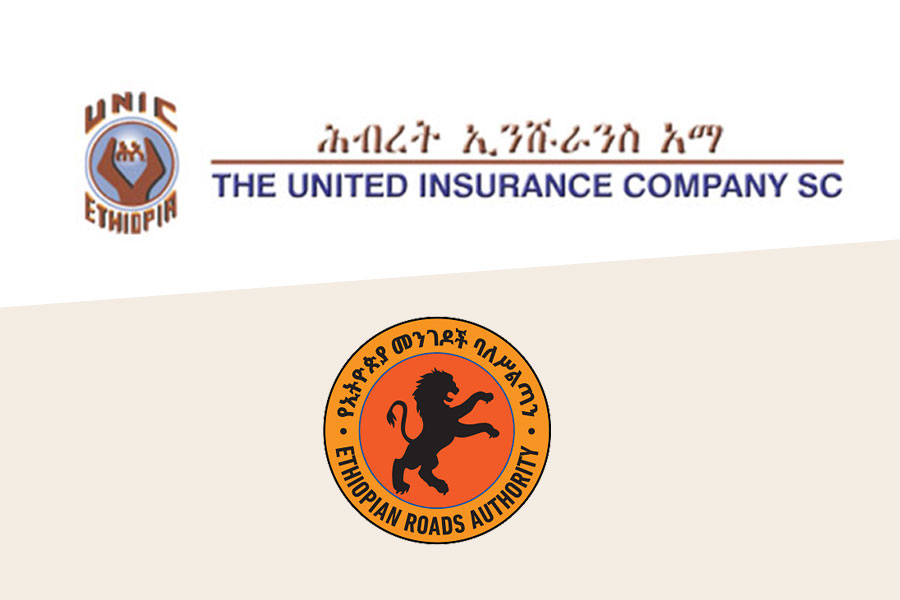
Fortune News | Jan 09,2021
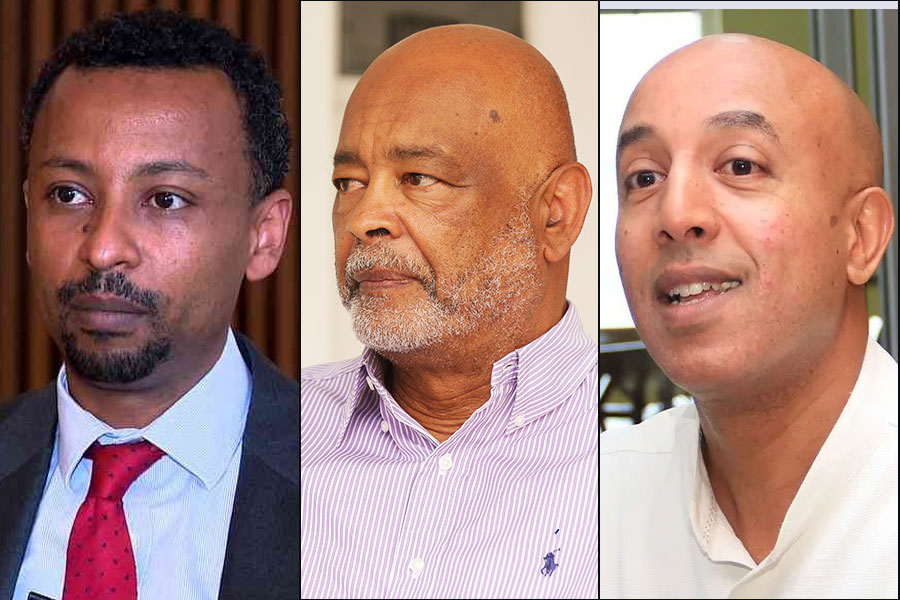
Fortune News | Feb 04,2023
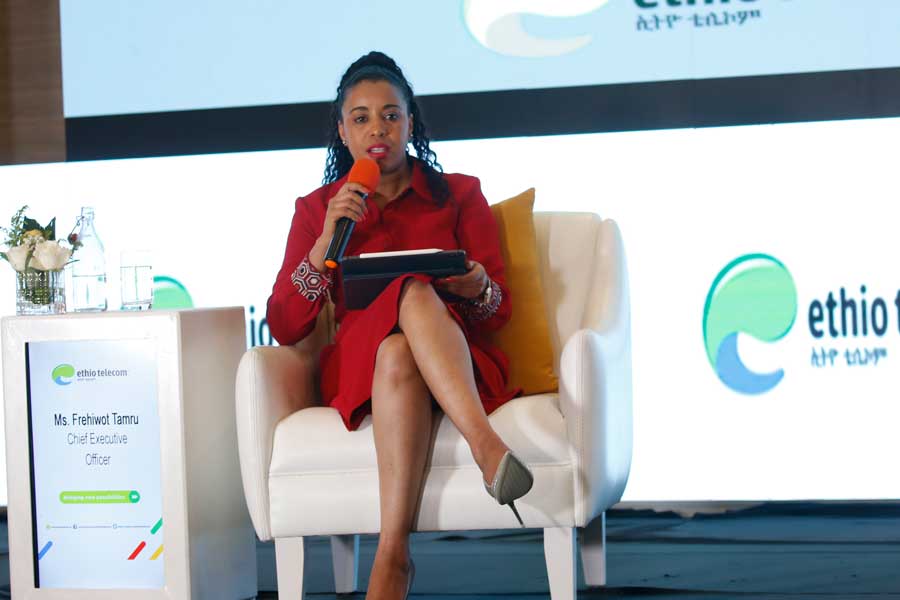
Fortune News | Aug 01,2020

Radar | Jun 11,2022

Radar | Feb 22,2020
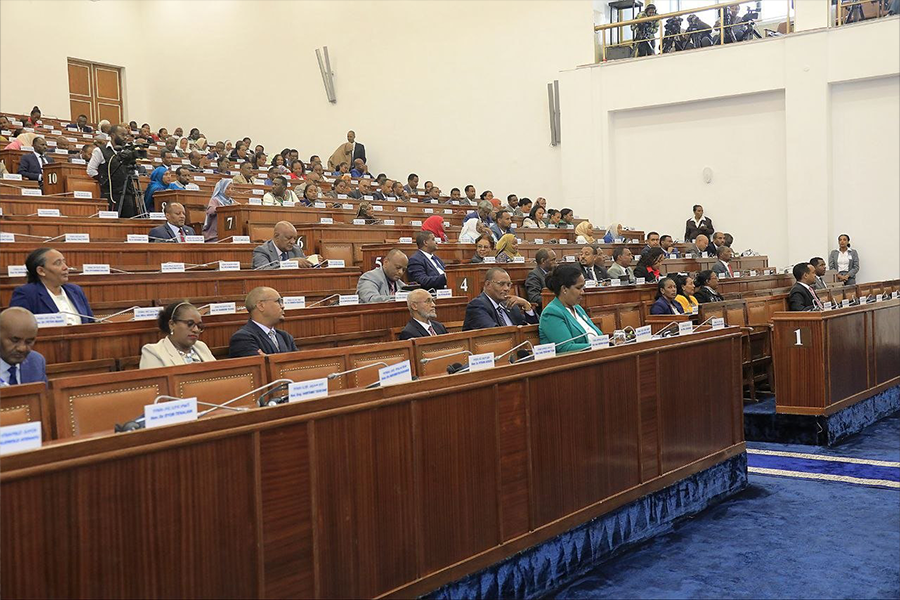
Fortune News | Jul 19,2025

Fortune News | Oct 17,2020

Dec 22 , 2024 . By TIZITA SHEWAFERAW
Charged with transforming colossal state-owned enterprises into modern and competitiv...

Aug 18 , 2024 . By AKSAH ITALO
Although predictable Yonas Zerihun's job in the ride-hailing service is not immune to...

Jul 28 , 2024 . By TIZITA SHEWAFERAW
Unhabitual, perhaps too many, Samuel Gebreyohannes, 38, used to occasionally enjoy a couple of beers at breakfast. However, he recently swit...

Jul 13 , 2024 . By AKSAH ITALO
Investors who rely on tractors, trucks, and field vehicles for commuting, transporting commodities, and f...

Oct 18 , 2025
The political establishment, notably the ruling party and its top brass, has become p...

Oct 11 , 2025
Ladislas Farago, a roving Associated Press (AP) correspondent, arrived in Ethiopia in...

Oct 4 , 2025
Eyob Tekalegn (PhD) had been in the Governor's chair for only weeks when, on Septembe...

Sep 27 , 2025
Four years into an experiment with “shock therapy” in education, the national moo...